It is called the Paris Syndrome: the severe culture shock that tourists experience upon realizing that the Paris of one’s dreams is not the reality. And that is for visitors, imagine if they lived here!
I don’t intend to dash all your dreams but the reality of living in Paris is that it is not all it is cracked up to be. After moving to France and being in Paris for over 10 years, I have to bemusedly point out a few pros and cons.
As a North American living in France, I can tell you that there are certain things about Paris that just suck. The cost of living in Paris is quite high, and I know many expats who hate it here (there are entire facebook groups dedicated to this). But then again, I think this is probably the case for anyone who feels like a fish out of water.
And I should note that Paris is not the whole of France. Living in France, in general, can be quite different than life in Paris, just as living in a big city compared to the ‘burbs.
Broken down into three parts, here is: the Good, the Bad, and the Ugly side of Living in Paris. At the end you can ask yourself, do you want to move to Paris?
☞ READ MORE: Paris: 24+ Fun Facts from the City of Lights
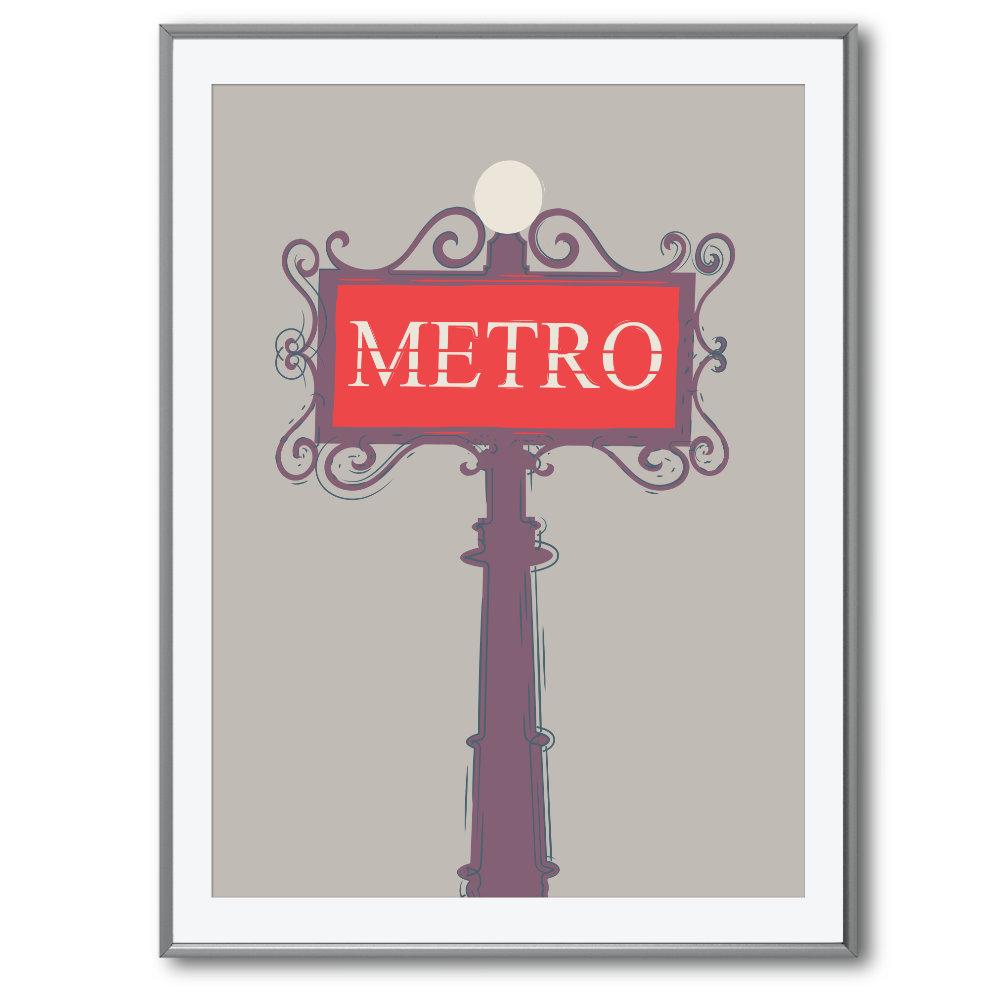
- Best part of living in Paris
- 1. Historical buildings with old-world charm
- 2. Wonderful museums
- 3. Neighborhood parks
- 4. The Walkability of Paris
- 5. Fresh Baguettes
- 6. Eclectic Bars and Restaurants
- 7. The Banks of the Seine River & Canal Saint-Martin
- 8. Eight week vacations
- 9. Free Healthcare
- 10. Proximity to other major cities and countries in Europe
- 11. The Shows, the Theatres, and Ballets
- 12. Excellent Cheap Wine
- 13. Canteens in schools and offices
- 14. Drinking Alcohol is acceptable at Lunchtime
- 15. Education is Free
- 16. The Delicacy of Cheese
- 17. Quality Ingredients at the Markets
- 18. Terrasse culture
- 19. The Job Security
- 20. Subsidized Childcare and Living Expenses
- 21. The Nightlife
- 22. The French Language
- Bad side of living in France
- 1. Making new friends
- 2. The weather
- 3. Lack of Airconditioning
- 4. High Sales Taxes
- 5. The amount of time it takes to get a job and leave a job
- 6. Presenteeism in the WorkPlace
- 7. Strikes all the time
- 8. France is closed on Sunday
- 9. The Dog poo on the streets of Paris
- 10. French Bureaucracy
- 11. 18-Century Buildings
- 12. Tiny elevators
- 13. Baby Changing Tables are rare
- 14. The Cost of Living in Paris
- 15. The Toilet Separé
- 16. The Customer is not King
- 17. Parisians can be rude
- 18. Uncivilized bicyclists
- 19. Restaurant menus are too similar
- 20. The Smokers
- Ugly truth about Paris
Best part of living in Paris
1. Historical buildings with old-world charm
If you are from the “New World” North America like me, where all the buildings were built in the 1970s onwards, you will appreciate the charm of Paris.
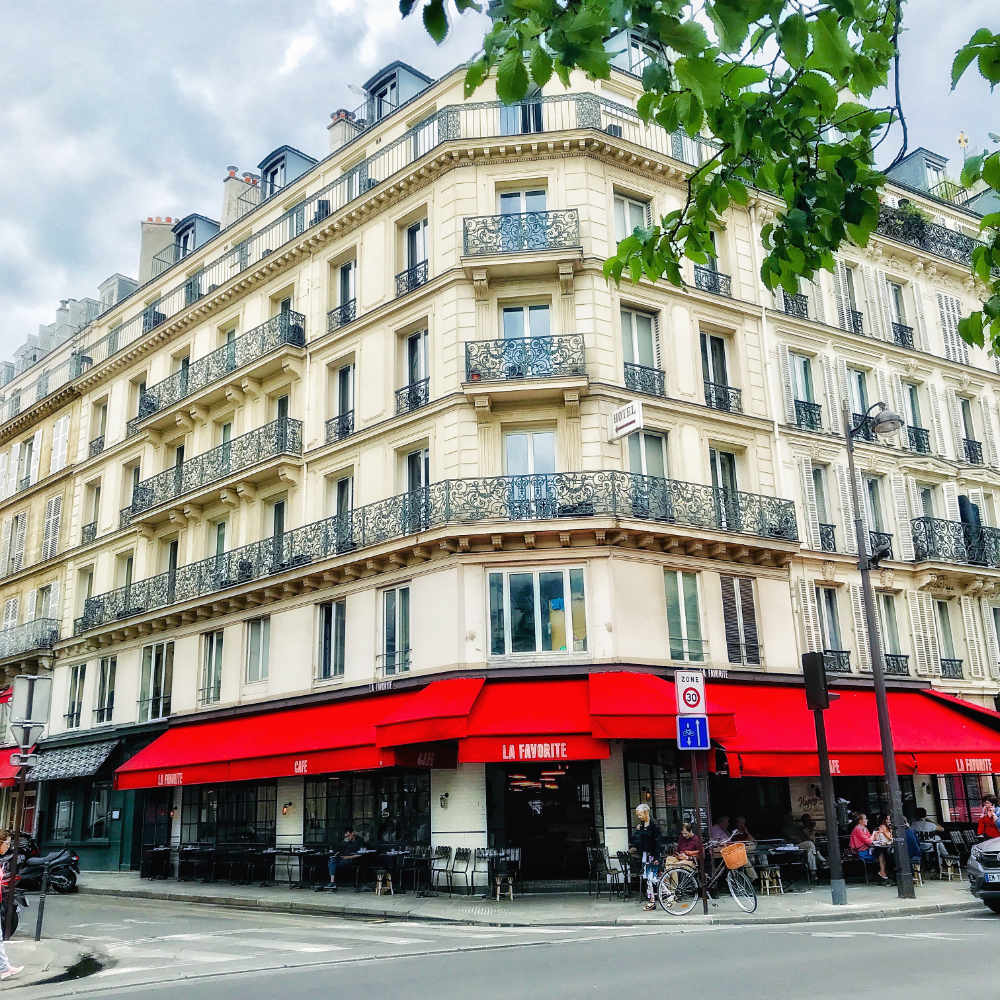
Baron Haussmann, the architect chosen by Napoleon III, clearly knew what he was doing.
Ornate mouldings, tall ceilings, elongated windows that are meant to be thrown open, the charm of these 19th-century Parisian buildings is undeniable.
And when you imagine all the history, events, and personalities that these walls have witnessed, well we just have nothing like this in North America. (History is a mixed bag though, we certainly don’t want the foreign armies invading New York or Toronto!)
2. Wonderful museums
Living in Paris means that you have enough time to visit the over 130 museums in Paris. And that doesn’t include all the ones just outside the city limits, like Versailles, Fontainebleau, etc. Elaborate works of art from all corners of the globe, all very accessible with free entry usually on the 1st Sunday of the month.
If you wanted to, you can see the grand Impressionists at the Musée d’Orsay and the Greek and Egyptian exhibit at the Louvre, all within one morning. (I don’t know why you would want to though, that is a lot of walking! There’s usually so much culture and history to absorb that you may promptly forget it all.)
☞ READ MORE: What NOT to do when visiting Paris
3. Neighborhood parks
Paris has some lovely parks sprinkled all around the city such as Jardin de Luxembourg, Parc Monceau, Jardin des Tuileries, etc. There are also two large forests on the East and West ends of the city, the Bois de Vincennes and Bois de Boulogne.
And everyone knows the Champs de Mars park, where the Eiffel Tower stands. My favorite though is the one at the other end of Paris, the Buttes Chaumont. With its rolling hills, Temple d’Amour (temple of love) and the classic Rosa Bonheur bar, this is the locals’ Paris.
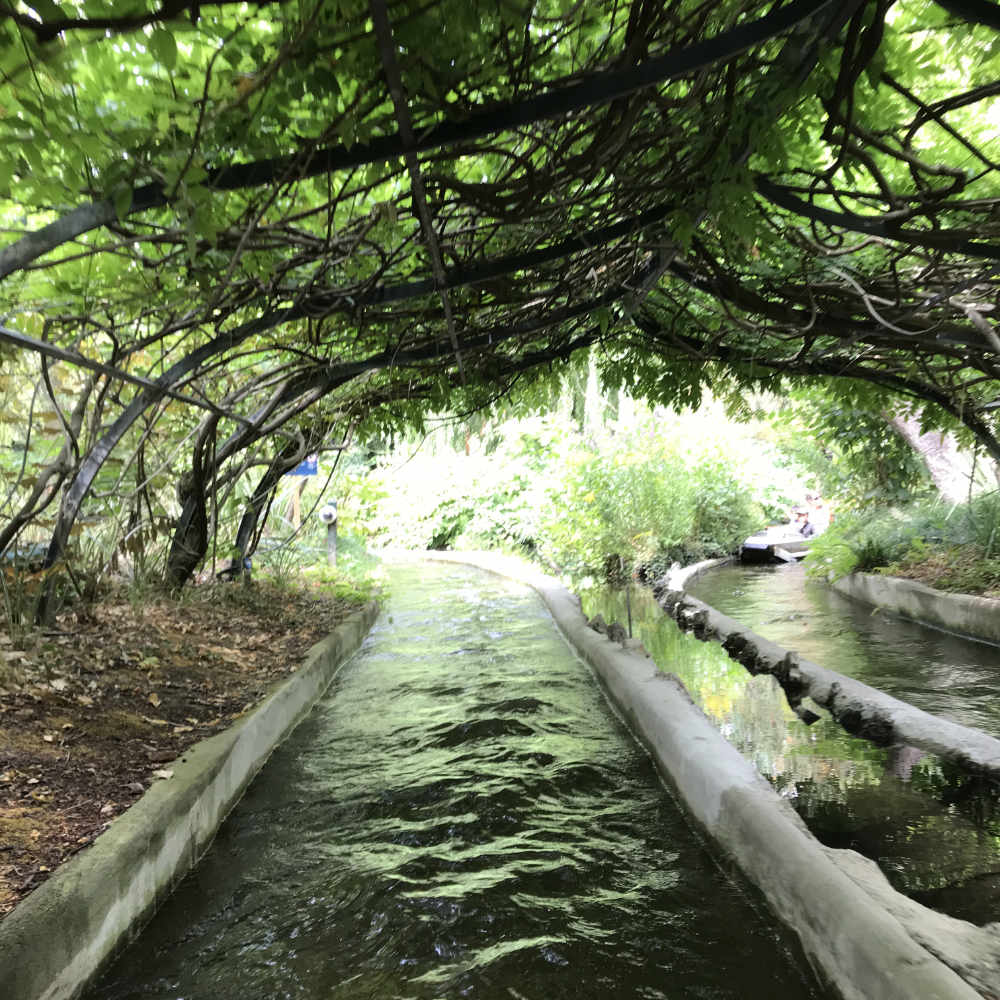
4. The Walkability of Paris
Paris intramuros, (I’ll explain what intramuros is in the “Ugly section”) is only 105 square km or 41 square miles. Compare that to Chicago which is 606 sq km, or London which is giant 1572 sq km.
The small size of the French Capital makes it very walkable. My favorite stroll in Paris is starting at Bastille in the East, along Rue de Rivoli and to arrive at the Eiffel Tower on the West-side.
Even at a very leisurely pace, with stops at the odd Starbucks for a coffee-to-go, this walk takes less than 2 hours.

5. Fresh Baguettes
Going to your local boulangerie (bakery) is a way of life for any hardcore Frenchie and I think there are more bakeries in Paris per capita than anywhere else. (By my own unscientific study!)

Did you know that until 2015 there was a law about when a baker could go on holiday? The intent was to avoid all the bakeries being closed at the same time in July and August, because then how would the locals get their daily baguettes?
More recently, a new type of vending machine has sprung up in France, especially in areas that don’t have many bakeries: a baguette vending machine. I kid you not.
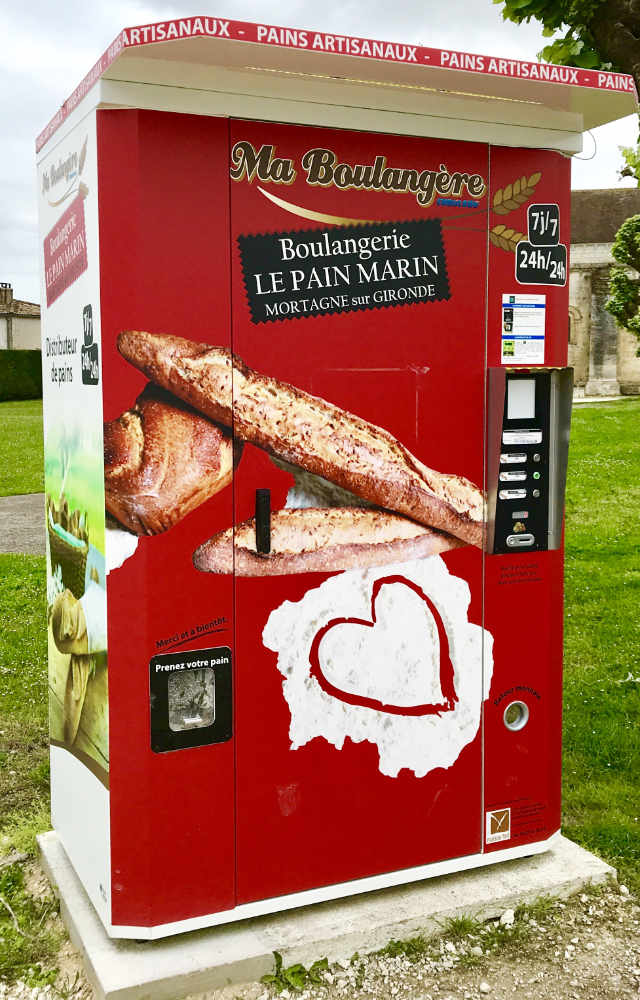
6. Eclectic Bars and Restaurants
The sheer number of restaurants and bars in Paris can be a problem. Deciding where to go, especially if you are going with a group of friends, requires a lot of analysis.
When I first moved here, I used to try to hit all the réstos les plus branchés (the hippest restaurants), before eventually realizing that there were so many I was never going to be able to try them all. I also by then had kids, who are even crankier than cranky Parisian waiters, so there was no need to overextend ourselves.
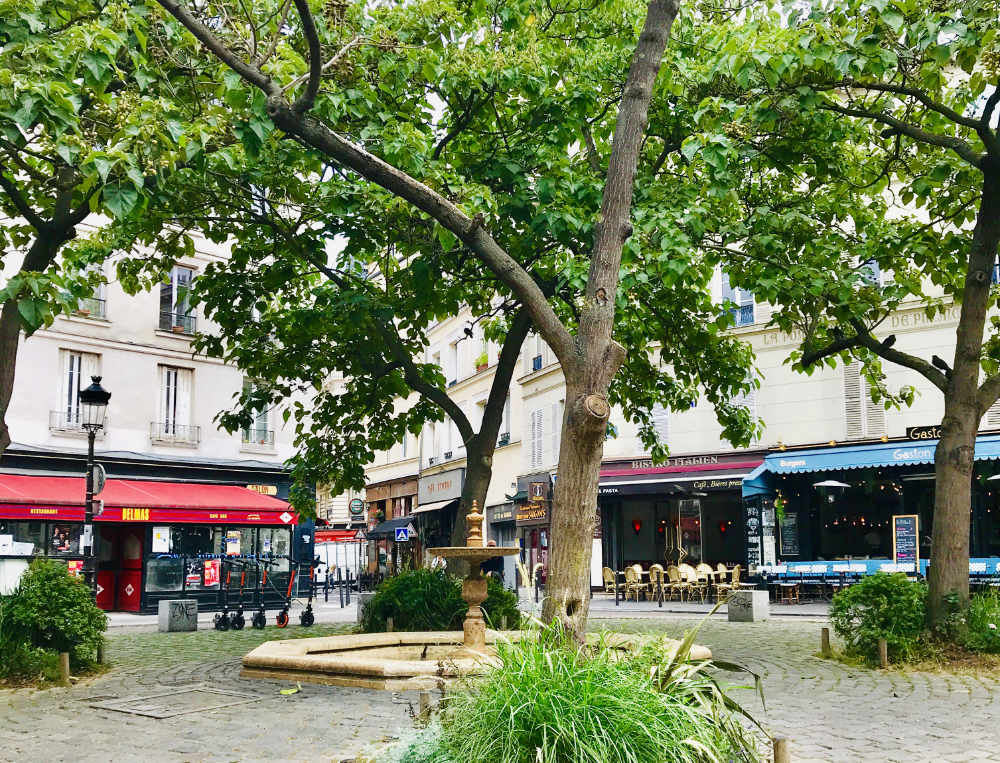
7. The Banks of the Seine River & Canal Saint-Martin
Being near water makes people happy, and the classic evening apéro au bord de la Seine River or on the banks of the Canal Saint Martin is just wonderful.
A picnic with some wine, bread, and cheese is the classic get-together for hip Parisians on a lovely summer afternoon.
Note, I said hip Parisians and not Parisians who are carrying a toddler on their hips. For French families with little ones usually don’t usually apéro on the riverbanks, for fear that their children are going to tumble in!
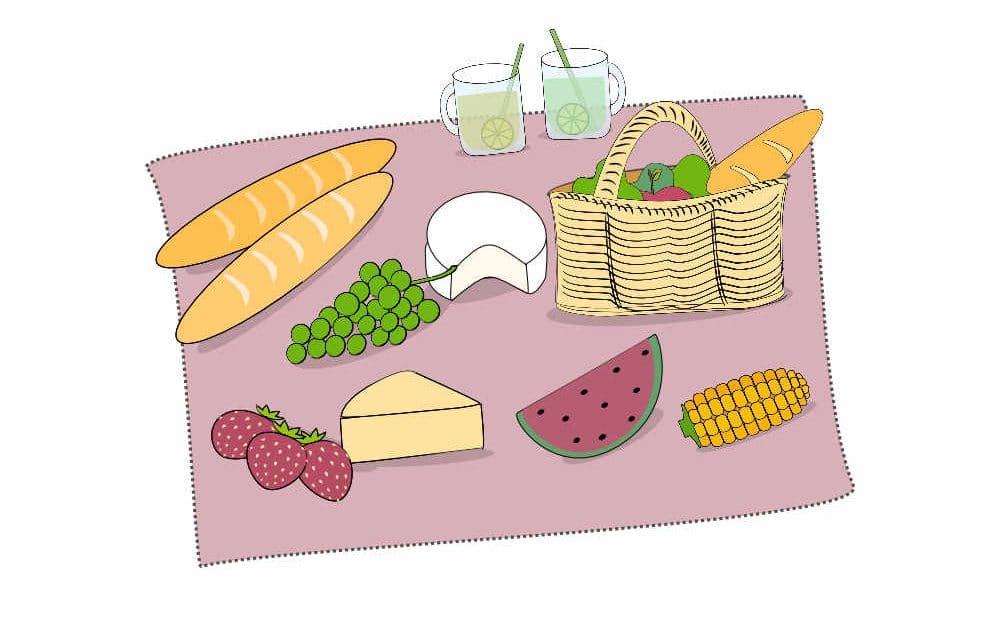
8. Eight week vacations
Living in France means that you get to enjoy a lot of vacations. In any given year there are around 11 public holidays and 5 weeks minimum annual leave. Most French companies, however, offer a total of 8-10 weeks vacation as negotiated in their Union bargaining agreement.
And I can confirm with thorough completely unscientific data, every French person will make full use of their vacation allocation every year. You can read more about French benefits here.
☞ READ MORE: French Revolutionary Calendar: When France tried to change time
9. Free Healthcare
French healthcare is free and rated among the best in the world. All citizens and legal residents have a right to healthcare, and you do not have to fear U.S.-style costs if you do not have insurance.
French people take their healthcare very seriously and there are a lot of high-quality public hospitals and doctors in the French Capital.
☞ READ MORE: French Doctors: 12 differences between the U.S. and France
10. Proximity to other major cities and countries in Europe
If living in France is not your cup of tea, you can easily travel to the U.K., and in 3 hours by train no less. Feel like spending a long weekend in Italy? Hop on a budget airline and you can for a couple of hundred bucks.
Proximity, these days, is making for good neighbors with the creation of the European Union after World War II, and the abolition of customs controls along country borders. Good for that quick weekend getaway!
11. The Shows, the Theatres, and Ballets
Paris is a world capital of culture, and it is not surprising that there are numerous shows and spectacles in Paris at any given time. Ballets, operas, circuses, comedy shows, you can generally find whatever floats your boat. And if you are a local who can read French, you can find discounted and last-minute tickets quite easily at Billetreduc.
There are so many in fact, that it is difficult to choose. Looking for a cabaret? Beyond the Moulin Rouge, there are 20 others to pick from!
☞ READ MORE: Paris at night: How to spend an amazing evening in Paris

12. Excellent Cheap Wine
Have you ever been to a grocery store in France? If you’ve ever looked at their wine displays, you will realize that wine prices start at around €3. That’s approximately $4USD. And this is usually relatively decent wine!
French people know that there are strict standards on what can be classified as French wine with appellation to the area it is produced in. So they don’t have to worry about that cheap bottle being atrocious. Three euros is perhaps the starting price, but you can get a pretty decent bottle for 6-8 euros (8-10 USD). Compare that to my hometown of Toronto, where a bottle of French wine starts at over 25USD.
☞ READ MORE: Easy Guide to the French Wines
13. Canteens in schools and offices
One of my favorite parts of living in France is that you don’t need to work for Apple or Google to have a high-quality canteen at work. French companies are required to contribute to the cost of lunch of their employees, and so either provide a canteen or a food ticket voucher that can be redeemed at nearby restaurants.
The canteen will usually have a decent variety of choice, cooked on location every day, with entrée, plat, and dessert for around €4-5 total. Schools also provide canteens for children. Instead of peanut butter and jam sandwich, my toddlers are offered stuff like cauliflower gratin and tuna with lentils, along with tarte flan for dessert.
The very best part of all this? French mums and dads don’t have to plan and pack lunches for anyone!
☞ READ MORE: Demystifying the French Education System
14. Drinking Alcohol is acceptable at Lunchtime
This one is a funny one since, with wine as cheap as it is, you won’t be surprised that French people don’t mind having a glass of wine at lunch. Canteens in offices will often have small single-serving wine bottles available for sale, and you will not be judged if you buy one.
French people don’t have a complex about alcohol, with teenagers often allowed a small glass of wine at 17-18 years old.
It will be frowned upon though, if you get drunk, at lunch or dinner. Wine is meant to be sipped and enjoyed, not rushed through in order to get drunk. Everything in moderation!

15. Education is Free
School and university education is free or mostly free in France. Some schools like Ecole Nationale d’Administration (ENA) even pay you a stipend to attend.

Tuition is maybe €500 a semester at universities, if that, and there are many bourses (scholarships) that are not academically-based but needs-based.
It is basically peanuts compared to the costs in the U.S. Even my university in Canada, had tuition costs of $8kcad a year. You can read more about education in France here.
16. The Delicacy of Cheese
There are over 1600 types of cheeses in France. I had never even heard of most of these cheese until I moved to France, and I still have quite a ways to go before discovering them all. Actually I think even no French person, born and raised here, has tried all the cheeses.
They do start them young though. My kids expect a cheese course after every meal.

17. Quality Ingredients at the Markets
There is a strong emphasis on “terroir” here in France, meaning local. The closer, the fresher it is likely to be, the theory goes, which is why farmers’ markets are so popular in France.
And with many more pesticides and chemicals banned in Europe (even though they are allowed in North America), the emphasis is on quality foods.
18. Terrasse culture
Sit on a Parisian terrasse, sip an apéritif, and watch the passersby for hours. The idea that we should sit and relax and enjoy a drink or a meal is very French. No need to gulp your food down and rush out.
La vie est belle. Life is beautiful.
☞ READ MORE: Secrets to the French Art of the Table

19. The Job Security
A permanent contract in France is called a CDI (contrat durée indeterminé), and it is the holy grail of job-hunting here. Once hired, past the trial period, it is almost impossible to get fired here. With or without cause.
This could be a good or a bad thing depending on your perspective, but potential employers know that they will pay a steep price if they try to fire someone. There are all sorts of repercussions of this such as job immobility and the infamous “putting someone in the placard (closet)“.
But in all, French people have that vaunted job security that really makes them feel “secure”. You can read more French work culture here.
20. Subsidized Childcare and Living Expenses
There is an alphabet soup of programs in France (CAF, URSSAF, etc) to provide for those who need it. Every level of government, including the town you live in, has their own program of subsidies for low-income individuals and families.
Everything is covered, from providing housing to subsidizing the nanny. There are so many programs, I don’t even know what they are and how people manage to find them and apply for them.
But nevertheless they are there. The French philosophy is that the government is there to take care of its citizens.
☞ READ MORE: The Surprising benefits large families get in France
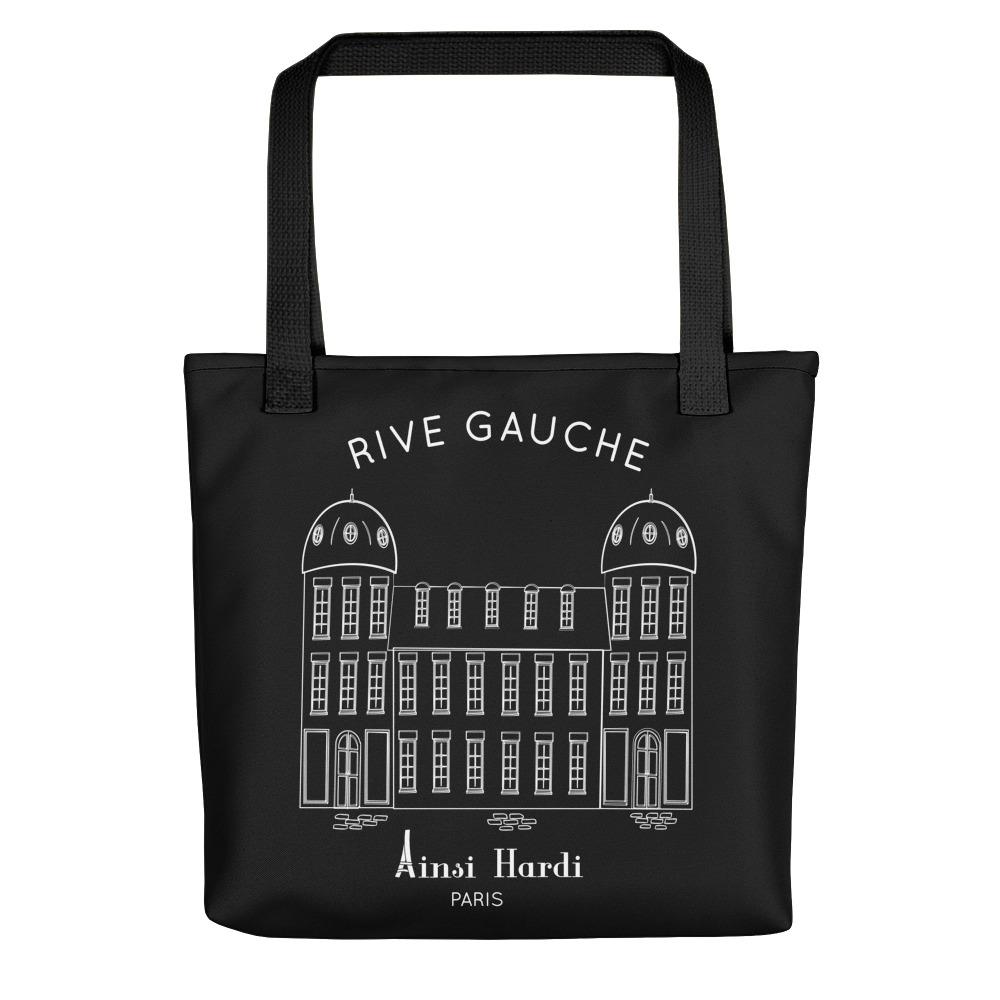
21. The Nightlife
As bustling as Paris is during the day, at night there is a whole another vibe that comes out. With plenty of restaurants, bars, and nightlife, it would be shocking if you couldn’t find something to your taste. From rooftop bars to cocktails by Seine, it is choosing that is the difficult part.
22. The French Language
And finally, the French language! The language of Molière, French has contributed over 25000 words to English (link in French). It is not one of the easiest languages to get the pronunciation right, but things just sound better in French. The language of love, n’est-ce pas?
Bad side of living in France
1. Making new friends
This is probably the case anywhere, especially if you arrive in a new city. It can be difficult to make new friends once you leave university, let alone meeting someone to date.
But in addition to that, Parisians have a built-in reticence and not chatty in general, so it is difficult to get past the barriers. Culturally, they are not inclined to start chatting to someone while waiting in a queue or sitting on the metro.
And if you combine that with the fact that most Parisians have their old schoolmates nearby as their closest friends, well it is even harder to break into those circles.
2. The weather
Rainy England has its well-deserved reputation, but actually Paris is almost as rainy as London. Winters in Paris are quite grey, with only a rare bit of sunshine peaking through. In Paris, it rains an average of 51-54mm per month, which is actually more than London at 48mm/month.
And worse, when it is not raining, it is still rather grey and gloomy. (The secret to those wonderful photos that you see all over Instagram? Snapseed filters added to make it seem sunnier!)
☞ READ MORE: What is Paris like in Winter

3. Lack of Airconditioning
Summers in Paris, on the other hand, can be quite warm and humid. This would be fine, except even most public places in France such as hospitals, restaurants, malls, the metro, etc. don’t have airconditioning.
And if you live near the Seine River or any other body of water, welcome to mosquito season. Those little buggers love to come through those grand French windows that have been flung open to try to beat the heat!
☞ READ MORE: Why French people hate air-conditioning
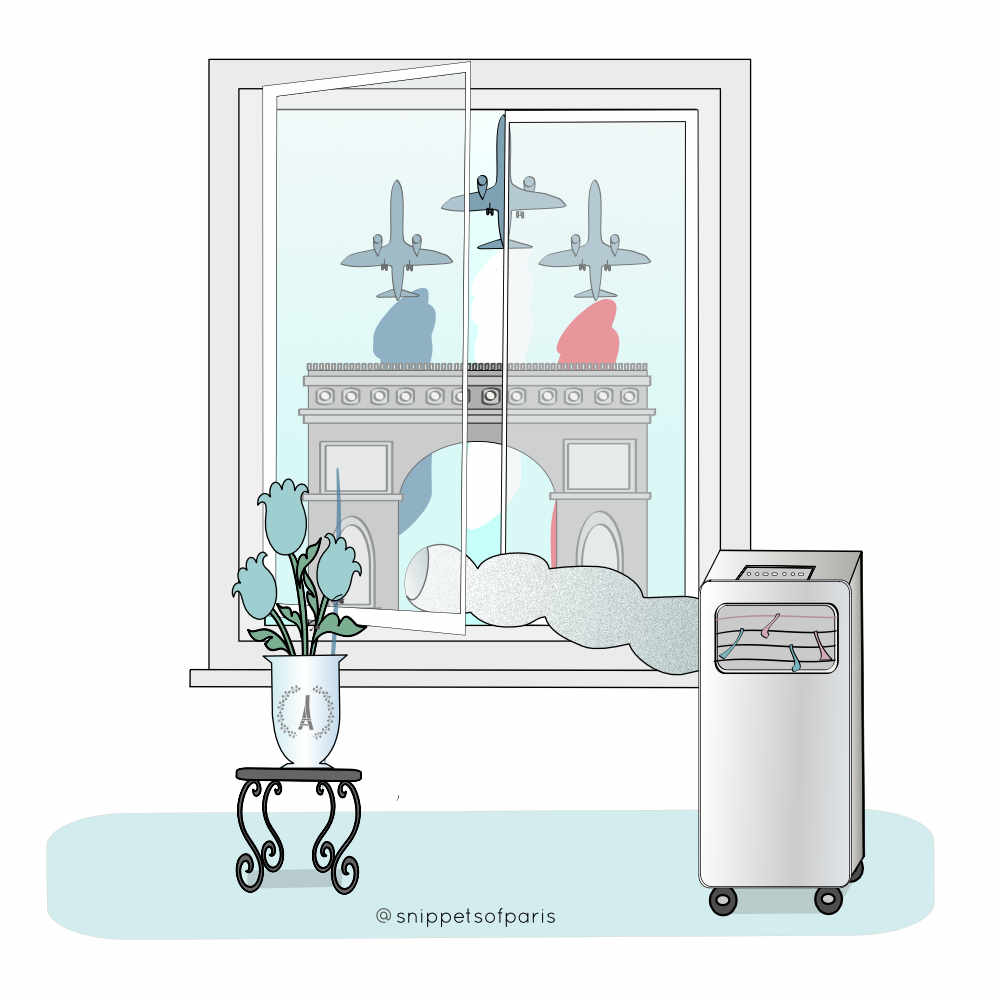
4. High Sales Taxes
Taxes are high in France since there are a lot of subsidy programs and benefits to pay for. I won’t get into a debate of whether the income taxes are higher than in North America (counting the cost of health care, benefits, etc.).
The main one I will note is the Value-Added tax or Good and Services tax (TVA). In France, this is a flat tax of over 20% on most items. A tax that is not progressive, and hits poorer people the hardest.
5. The amount of time it takes to get a job and leave a job
Because job security is so high in France, as explained in the “Good section”, employers are quite reluctant to hire people. It can take months and 6-10 rounds of interviews in order to get hired.
And once hired, if you want to leave your job, the notice period is 3 months! I suppose this is to give your employer enough time so that he can conduct his multitude of interviews before hiring your replacement.
6. Presenteeism in the WorkPlace
The famous myth that French people only work 35 hours a week, doesn’t actually translate in the French corporate world. Normal work hours may start at 9am, but French people will take long lunch breaks and many coffee breaks, and actually leave the office closer to 7pm. Why? Presenteeism, the need to show the boss that you are in the office, even if you are not actually doing work.
Add in an average of 45 minute commuting time, and the French workday is just as long and tiring as the North American one. In Paris the saying is: Metro, Boulot, Dodo, which translates as “commute, work, sleep”. (Dodo is French slang for sleep.)
☞ READ MORE: France’s Faux 35 Hour Workweek
7. Strikes all the time
The French have a culture of going on strike. And not just banal little strikes, this includes destroying property and taking company executives hostage. This is shocking stuff to a North American. (Although I guess in the U.S., disgruntled workers shoot up offices, so there’s that.)
An example is when a couple of years ago, Air France workers went on strike, and the ensuing kerfuffle led to the HR Director having his shirt ripped off as he climbed a fence. Shocking stuff to this Canadian, who is not used to revolutions.

8. France is closed on Sunday
Despite being a secular country, most of France is closed on Sundays. The idea is to give workers time to be with their families. This doesn’t help the To-Do list at all, when you try to get something and realize the stores are closed. There are certain zones where stores are open for tourists, but that is it.
For example, are you trying to buy a car or go see the mechanic? Tant pis pour toi, too bad for you, the car dealership is closed. You will have to take a day off work to do so or try to squeeze everything in on a Saturday. It is probably why French people have so many holidays, they need the time off to do chores!

9. The Dog poo on the streets of Paris
Living in Paris means regularly having to dodge dog poo as you are walking about. It is getting a bit better, as government education campaigns and complaints from tourists have obviously had some effect.
Most streets in Paris are also regularly power washed by the city’s cleaning brigade. But you will still find the odd old-school Parisian who arrogantly walks away from a steaming pile of mess.
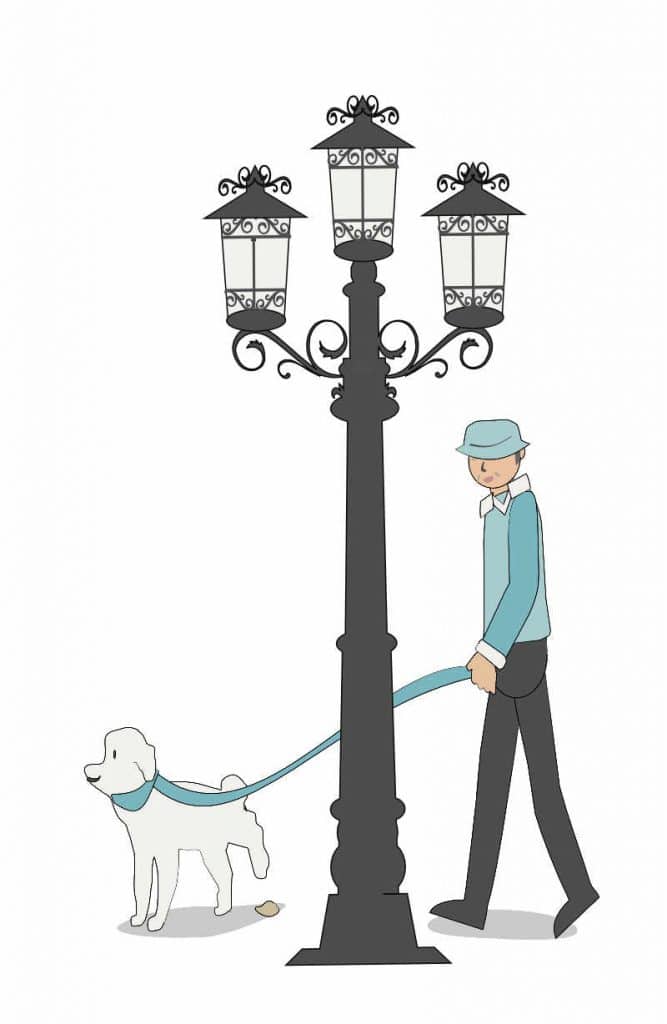
10. French Bureaucracy
The word “bureaucracy”, comes from the french word “bureau” meaning office. Enough said.
Doing any simple administrative task requires copies in triplicate and signatures by registered mail.
☞ READ MORE: Intro to French Bureaucracy: the Birth Certificate

11. 18-Century Buildings
I don’t know if you noticed, but those beautiful 19th-century buildings were built in the 19th century. They are old. Ancient pipes leak, like anything that is 250+ years old. Some buildings even have structural issues, and so have metal braces put in to keep them up.

Sound insulation is another problem. Old buildings were not built with the same insulation that we build with today, and so complaints amongst neighbors are common.
And you cannot retrofit parking into an 19th-century building, so forget about getting a car. A compromise to be made for gorgeous tall ceilings, beautiful moldings and classical fireplaces.
☞ READ MORE: Household items you will own if you live in Paris
12. Tiny elevators
With buildings being so old, elevators have to be retrofitted in. This results in a lot of odd-shaped tiny elevators that will barely fit two adults. And you can forget about trying to get in there with a wheelchair or a stroller.
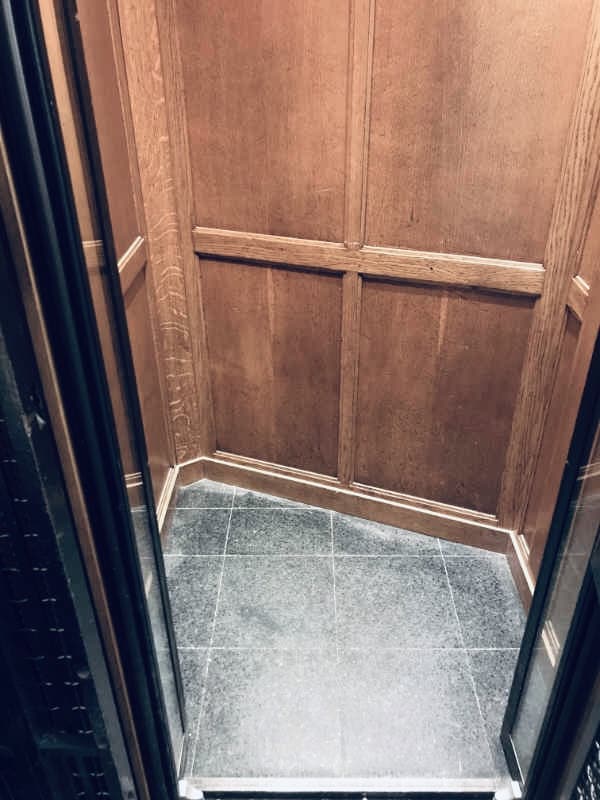
In certain cases like the one above, the elevator looks big enough, but actually it is the doors that are too narrow for a stroller to get through.
13. Baby Changing Tables are rare
Paris, in general, is quite baby-unfriendly. Space is limited in Paris with the high cost of land, so one of the first things to go off the priority list is the baby-changing table.
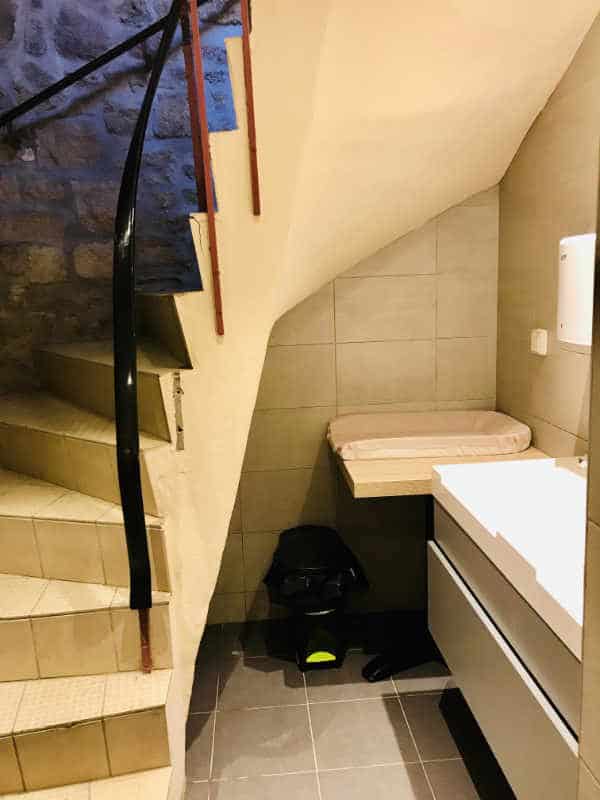
Restaurants and other public spaces will rarely have a changing table, and if they do, it will be odd places like this one hidden under the stairs.
14. The Cost of Living in Paris
The price of apartments in Paris is more than double the price of apartments in other major French cities such as Lyon, Bordeaux, and Marseille. On average, 1 million euros will barely buy you around 850-900 square feet in Paris.
Families are being priced out with many 30-somethings moving outside the city (link in French) when they have their first child. (Good thing, since the elevators will not fit their strollers, and they won’t be able to find baby change tables anywhere!)
As they leave looking for extra space, and nursery schools are closing at an alarming rate. As more families leave, this has translated to elementary schools, middle schools and high schools all reporting reduced numbers in the city.
The new buyers in Paris are usually investors, looking for short-term rental Airbnbs and secondary residences.
Given that the main business districts are outside of Paris intramuros, (there’s that word again, explanation in the “Ugly section”), the city risks becoming a beautiful museum just for the tourists, while locals have little reason to go to the city center, other than to catch the odd theatre show.
☞ RELATED POST: The Eye-popping of the Cost of Living in Paris, France
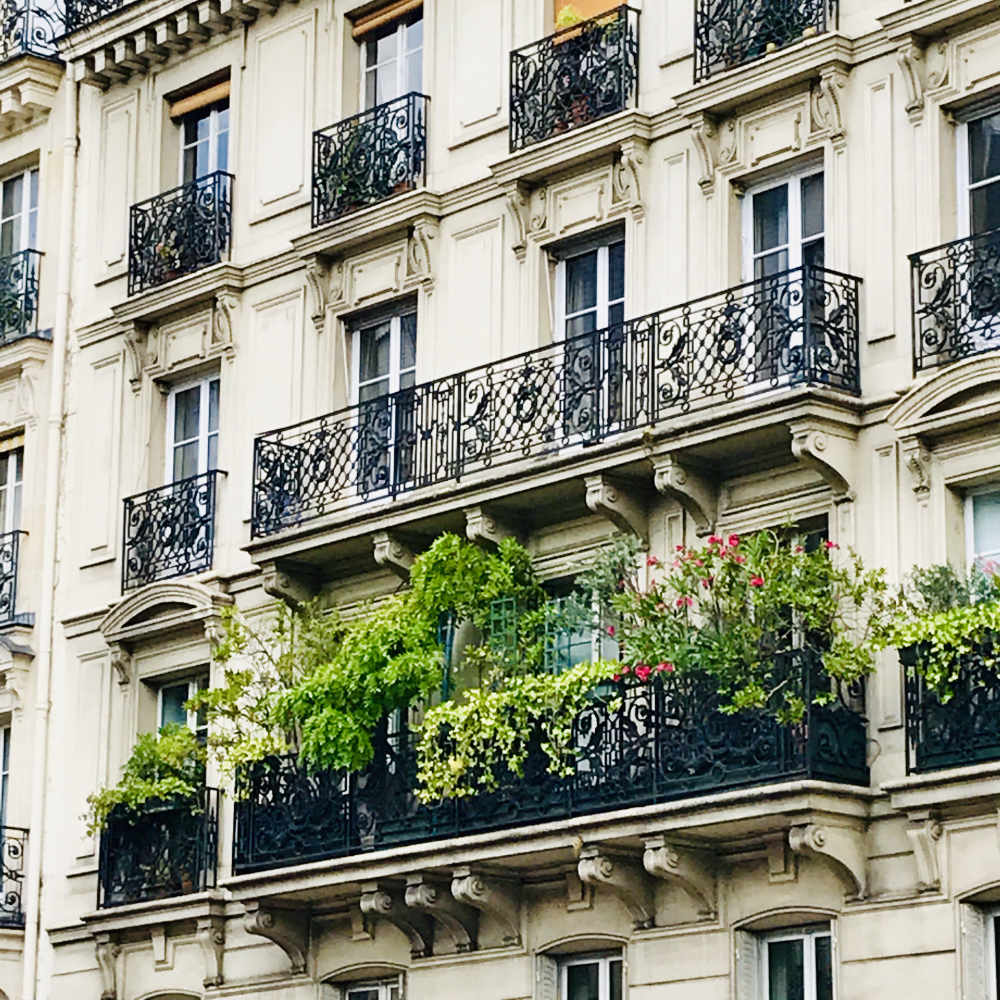
15. The Toilet Separé
If you ever watch House Hunters International, you will notice that every Paris episode has confused foreigners wondering where the toilet is.
The French idea is to have the toilet in a separate little room so that one person can shower while the other person is on the toilet. A powder room, you will say. Yes, like a powder room, except the toilet (water closet) usually doesn’t have a sink in it! Where are you supposed to wash your hands!??
I once visited a lovely apartment of a friend, where the washroom with the sink was on the other side of the living room. This meant that at a party, you had to cross the entire legion of guests before you could wash your hands. Completely unhygienic. Perhaps this belongs in the “Ugly section”?
16. The Customer is not King
The concept “le client est le roi” does not exist in France. If you are expecting big smiles, and “how can we help you?”, you will have to keep waiting. French client service tends to be cranky and very square, with nobody willing to bend the rules or go out of their way to help.
And if you want to try to return an item, or ask for delivery, or try to get an explanation for something, be prepared with your best Bonjours and some practiced sweet-talk.
17. Parisians can be rude
Parisians have a reputation for being rude and offputting. They don’t hesitate to tell each other off, even perfect strangers. Living on top of each other in small apartments makes everybody cranky.
Now I may be a bit biased here because I’m from Canada, where everybody is exceptionally polite. In Canada, we even say sorry if someone else bumps into us, so there could be something there. (My French husband was shocked when in Toronto, one friendly group offered us a round of free beers to simply switch tables.)
But it is not just me, even France 24, a government-owned local television station confirmed the sentiment that Parisians are rude.
18. Uncivilized bicyclists
Unlike other European cities like Amsterdam and Copenhagen that have wide bike lanes, these are an afterthought in Paris. While the city has an extensive bike lending system, the Velib, it is not a city with a culture of biking.
Several roads like Rue de Rivoli near the Marais have now been restricted to bikes and taxis, in order to improve the flow for local Parisians. The limits on the car have come with its own problems for those working in Paris but living in the suburbs, but one thing everyone notes is that the locals have yet to learn biking politesse.
The rules of the road are barely respected, with bicyclists regularly cutting off pedestrians and cars.
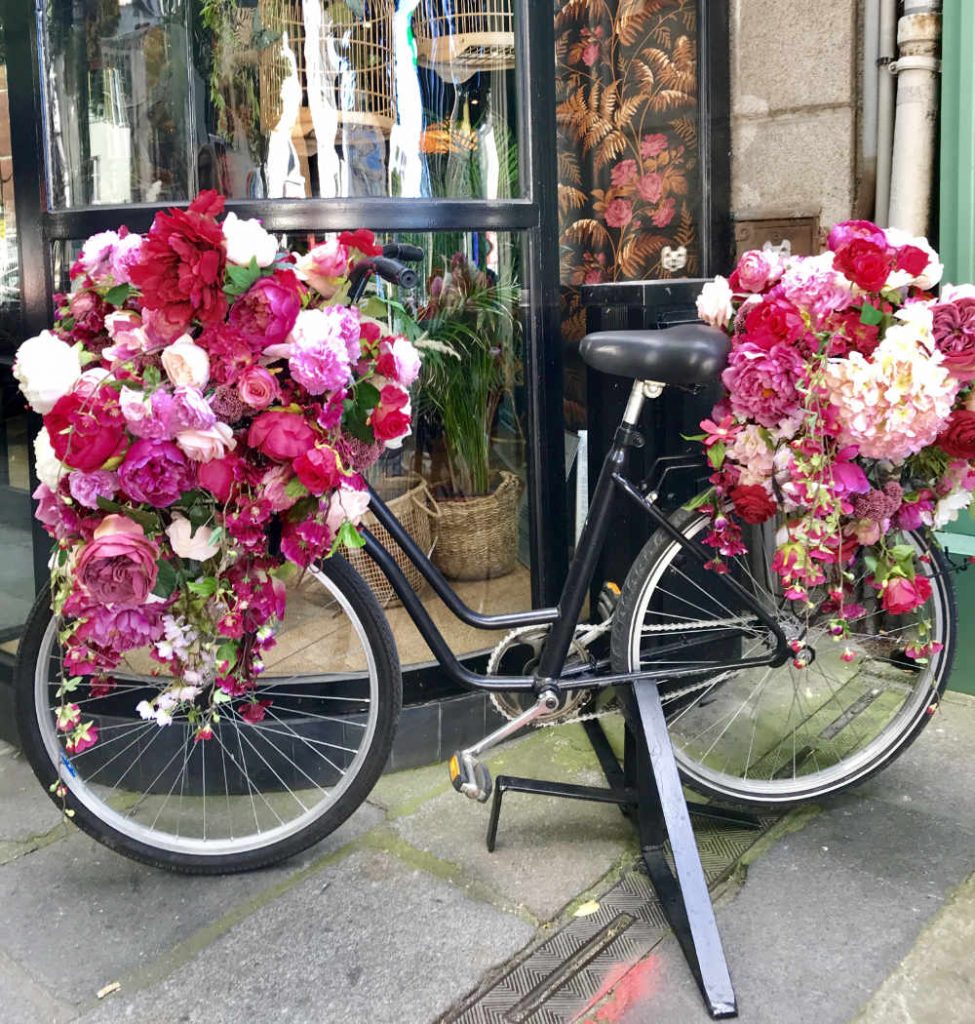
In addition, within the past year, electric scooters have invaded Parisian sidewalks. All this traffic tends to go all over the place, and the whole thing is a big pagaille (mess), with many accidents reported (link in french).
19. Restaurant menus are too similar
I know some people would put French food in the Good section above, but I will deviate a bit. French food is generally superb, but your usual French brasserie all have the exact same menu as its neighbor:
- Entrecote de boeuf (a hunk of beef)
- Magret de canard (duck dish)
- Cuisse de poulet (chicken leg)
- Filet of salmon or other fish
- Hamburger and fries
- Salad
This menu is ubiquitous and even if it is cooked with the finest ingredients, let’s have a bit of variety, please. The restaurant scene getting a bit better, but it is still tiring to see the same menu at every French brasserie.
After seeing the same menu at 5 restaurants, I’d rather switch and have some sushi!
☞ READ MORE: ABC of French Cuisine (the Food Dictionary)

20. The Smokers
The younger generation is getting better, but smoking is still a big problem in France. Cigarette butts are everywhere. And while sitting out on a Parisian terrasse watching the passersby sounds like the ideal way to spend an evening, prepare yourself mentally for the smokers next to you.
Ugly truth about Paris
1. The Peripherique
So if you’ve been wondering what Paris intramuros is, here goes: Paris has always been a city surrounded by walls, that gradually expanded.
If you are in Paris and you see a street sign with Faubourg in the name, it means that that area once used to be a suburb outside of Paris. So city expansion has been going on since Roman times.
However in 1958, some genius city planner decided that Paris was done. It was not going to grow any bigger. And rather than building a fortress wall, they did one better. They built a 6 lane highway around the city. Effectively, they managed to put in a physical and psychological barrier between Paris Intramuros (Paris within the wall) and what was to become Grand Paris.
Only 2 million people live within Paris intramuros, with another 10 million people in the surrounding Greater Parisian area. This shortsightedness has created a social and economic barrier with the suburbs, with some hip Parisians refusing to cross the periph’. (Even if some suburbs cost as much as living within the city. )
☞ READ MORE: 8 Reasons Paris’s Périphérique is a nightmare
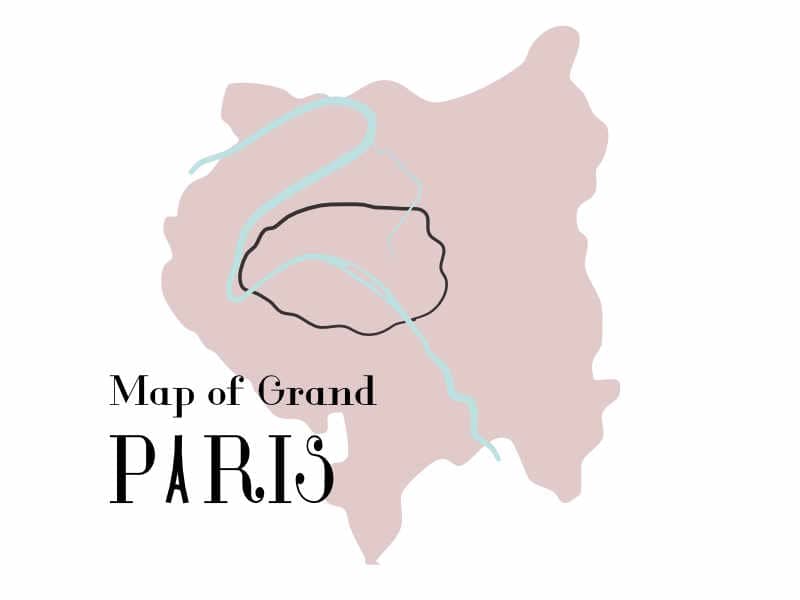
2. Pickpockets
Violent crimes may be rare in Paris, but petty crime is not. Pickpockets, which are often organized by crime syndicates, are rampant in Paris.
This is why the Paris Metro regularly sounds warnings to tourists about watching your stuff in French, English, German, Spanish, and Japanese.
3. Metros without accessibility
Only 3% of the Paris Metro is handicap-friendly, compared to 18% in London, a city that is equally as old. Even if you do not need a wheelchair, there will be other problems.
You can forget about taking your baby in a stroller or your grandparent with a heart condition in the subway. And not to mention if you are trying to take the Metro with luggage.
Escalators have a 20% chance of working, stairs are everywhere, and working elevators are nowhere to be found.

4. The Traffic Jams
There are 12 million people living in the Greater Parisian area. And given all the accessibility problems with the public transportation system, there are a lot of cars on the road.
With all the road and transport links construction to expand the metro for the 2024 Olympics in Paris, traffic often comes to a complete standstill. I’ve even gotten stuck in bumper to bumper traffic at midnight! And it was not a traffic jam of Cinderellas in their carriages racing to get home.
☞ READ MORE: What you need to know before driving in France

5. Smog and Noise Pollution
Diesel cars and trucks are still popular in France (the government gives tax credit for diesel to encourage French automakers).
This combined with those equally cacophonous motorcycles results in Paris being a very noisy and smoggy city. Smog alerts are regularly issued to those living in Paris, with air restrictions for the more vulnerable.

Well, that was a long list! So what do you think, are you willing to move to Paris? There are so many more wonderful, intriguing, and frustrating sides to living in Paris and France, I’m sure I’ve left out more than a few. If you enjoyed that article, you may like to read more facts about Paris and France. A bientôt!

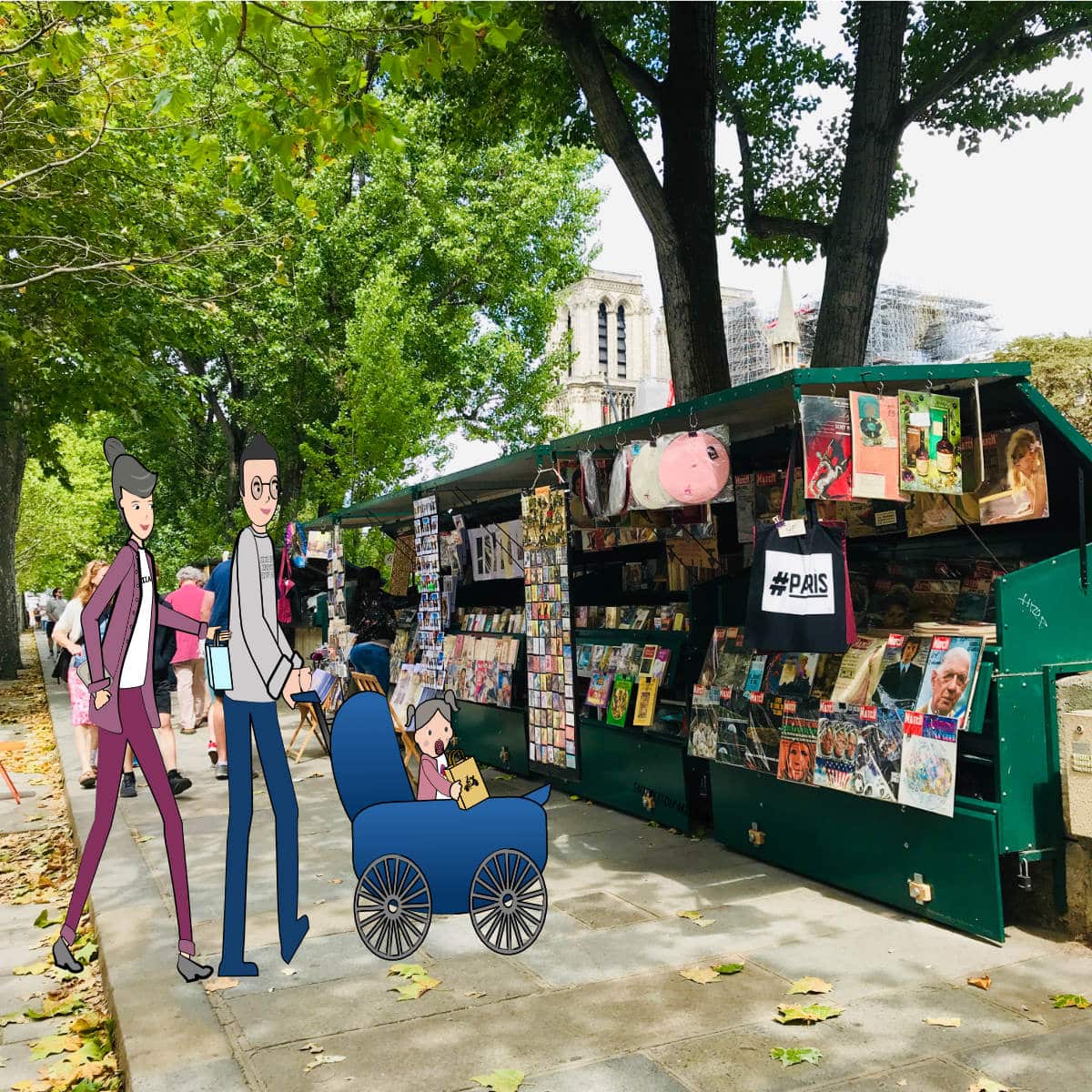


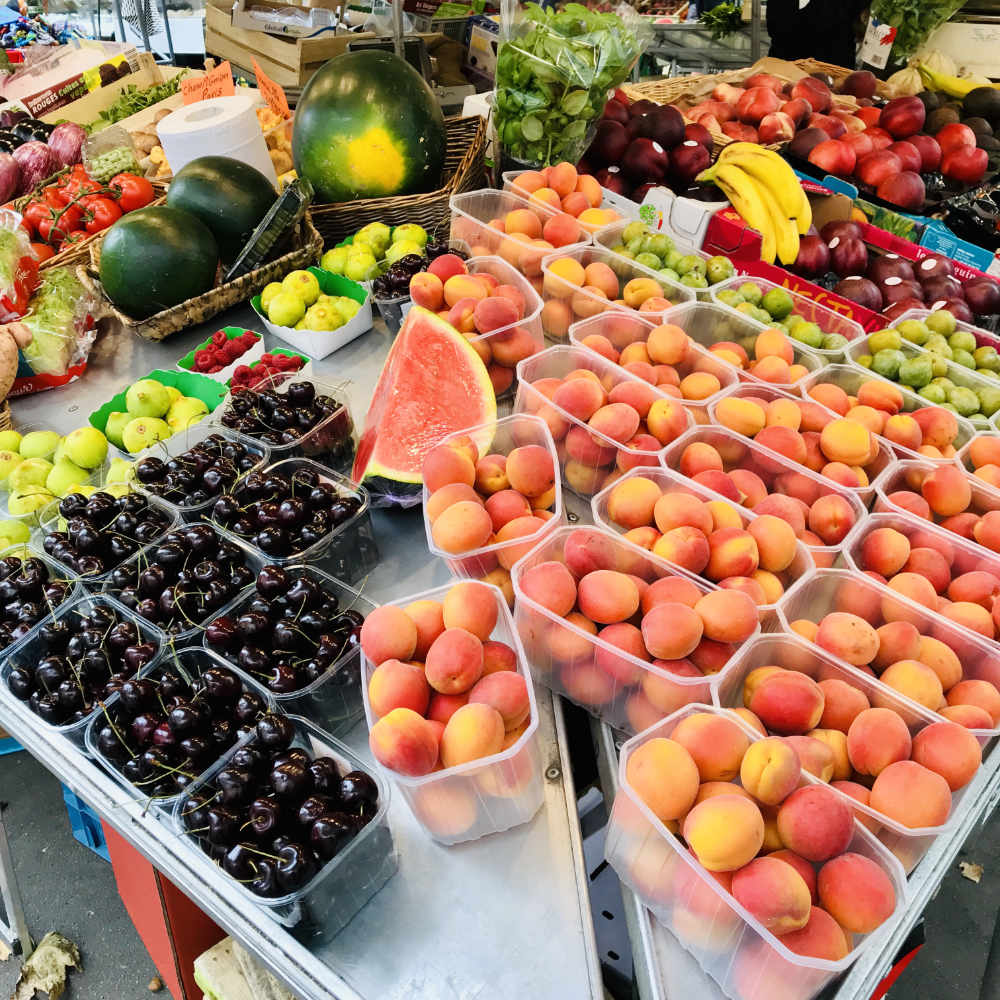
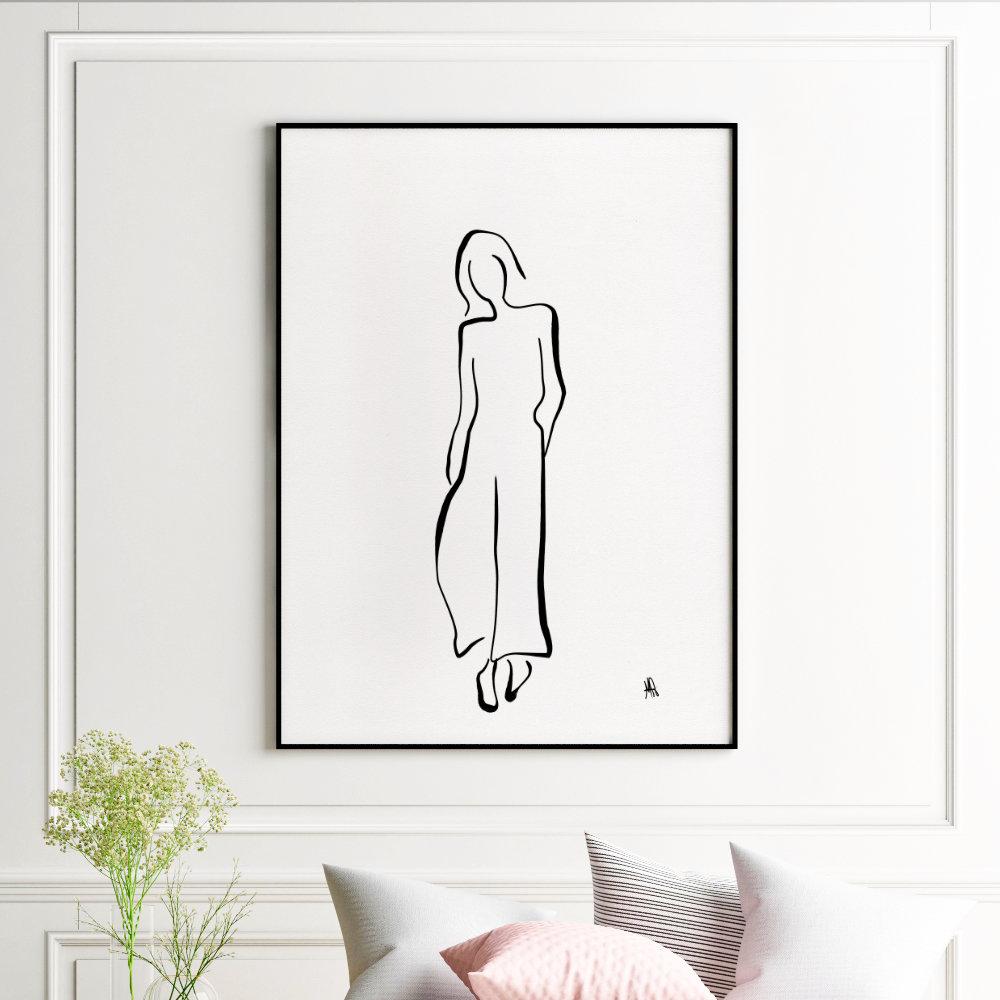




I have some interest in moving to Paris so it was a useful article to read